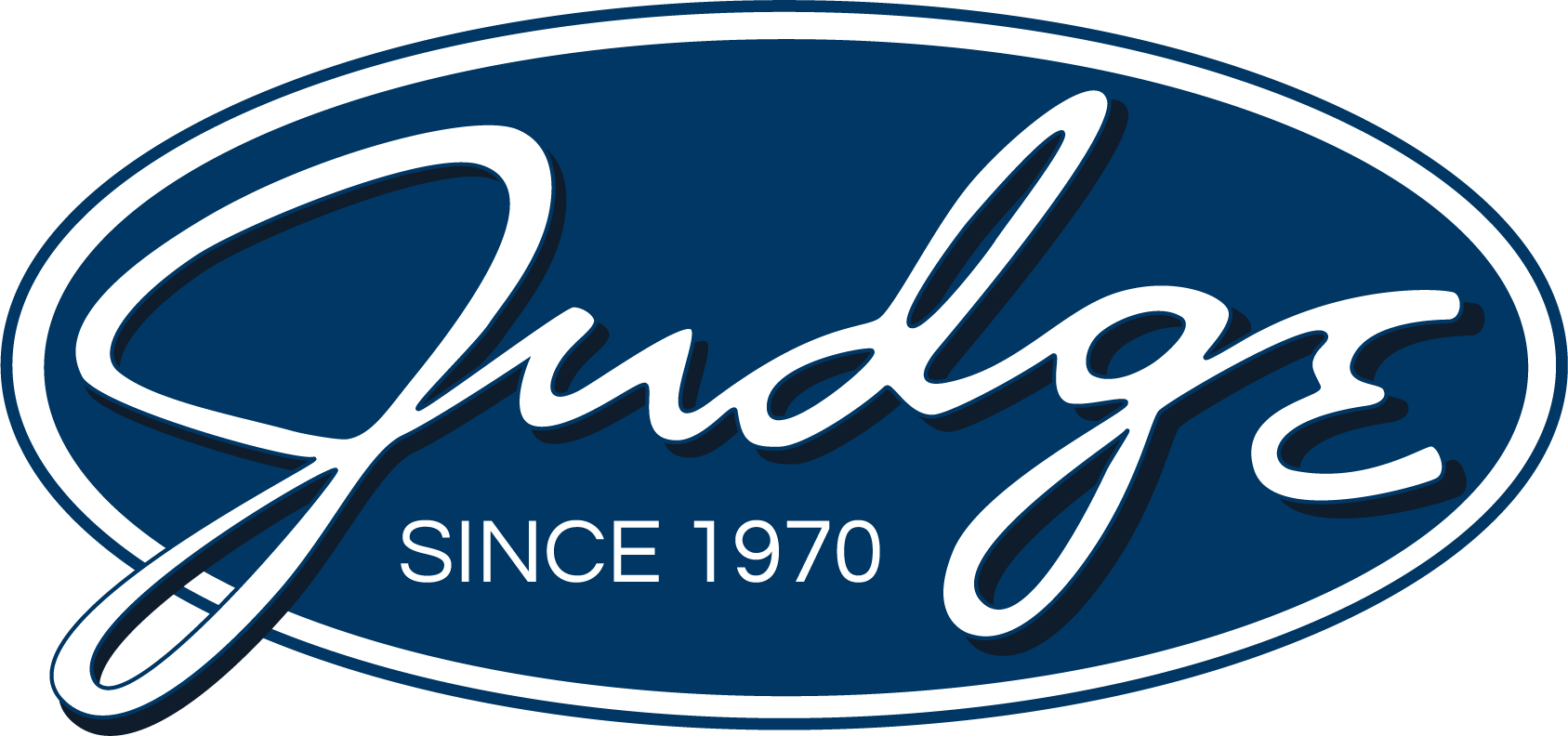Shifting Left: How to Integrate Security into DevOps Processes
New tools and technologies are launched every day, making speed the name of the game. This puts organizations between a rock in a hard place: Fail to adopt and adapt quickly, and you’re sure to fall behind. Innovate too rapidly, however, and you wind up putting your organization’s sensitive data, intellectual property, brand reputation, and integrity at risk.
That’s where DevSecOps comes into play.
DevSecOps, an extension of the prevailing DevOps approach, has emerged as a game-changer by incorporating security as a core component throughout the software development lifecycle (SDLC). DevSecOps promotes a shift-left approach for security, integrating it sooner rather than later in the process — and with 70% of industry experts reporting that security has indeed swung left in recent years, the pendulum isn’t expected to swing back any time soon. In fact, GitLab reports 90% of DevOps professionals strongly believe that security should be integrated into DevOps workflows from the beginning, and nearly all (96%) of the respondents of another survey claim that automating security and compliance procedures would greatly benefit their firm.
We’ll unpack the critical resources you need to deploy a DevSecOps approach as well as the skills your development team needs to successfully implement these practices and bolster your organization’s security measures.

Essential Resources for Deploying a DevSecOps Approach
While DevOps focuses on accelerating software delivery and enhancing collaboration between development and operations teams, the primary goal of DevSecOps is to ensure that security is not an afterthought but an integral part of the software development process. To effectively “swing left,” your organization will need to prioritize the following resources, tools, and tactics:
- Automated security testing tools: By introducing automation, organizations can scan their code for vulnerabilities and detect security flaws early in the development process. This proactive approach helps identify potential risks and enables prompt remediation before they escalate into significant security breaches. That means your workforce needs to be proficient in relevant automation tools, such as Jenkins, Ansible, or Terraform, to successfully streamline the development and deployment processes.
- Security-focused culture: Building a security-focused culture is another essential aspect of DevSecOps. It requires all stakeholders, including developers, operations teams, and security professionals, to prioritize security throughout the SDLC. While this cultural shift takes time, it can be achieved through comprehensive training programs, targeted (and repeated) communication about security best practices, and effective leadership that emphasizes the importance of security in every step of the development process.
- Continuous monitoring and remediation: Since security is an ongoing concern, teams must have access to tools that provide real-time monitoring of applications and systems. These monitoring tools help detect security issues promptly, allowing for immediate remediation to mitigate potential risks and vulnerabilities.
- Security expertise: Security experts possess a deep understanding of potential vulnerabilities and threats that can arise during software development. Their expertise enables them to identify security loopholes and weaknesses in the system, code, or infrastructure. They can conduct comprehensive security assessments, penetration testing, and code reviews to detect vulnerabilities that might otherwise go unnoticed.
As masters of their craft, these DevSecOps experts can also prioritize risks based on severity and impact, helping organizations allocate resources effectively for mitigation strategies and allowing them to enact appropriate security controls and countermeasures to address identified risks.
What’s more, these team members have a firm grasp of the regulatory environment associated with their business vertical. Many industries are subject to regulatory frameworks and compliance standards governing the security and privacy of sensitive data. DevSecOps specialists are well-versed in these requirements and can ensure that organizational processes and protocols align with applicable regulations. They can provide guidance on data protection, privacy measures, and compliance controls, helping your organization meet legal obligations and maintain the trust of customers and stakeholders.
Whether you opt to hire in-house security personnel or partner with a talent and staffing partner who specializes in cybersecurity, access to security professionals ensures that your organization can efficiently identify and address security issues, implement appropriate security solutions, and proactively protect sensitive data and systems.
At The Judge Group, we have access to thousands of highly skilled cybersecurity professionals through our proprietary applicant tracking system. If you’re an employer looking for DevSecOps talent, drop us a line — we’d love to chat.




